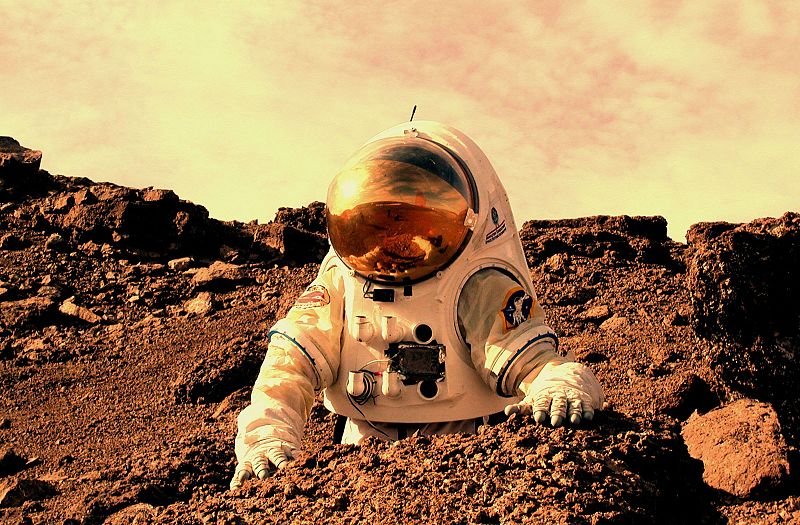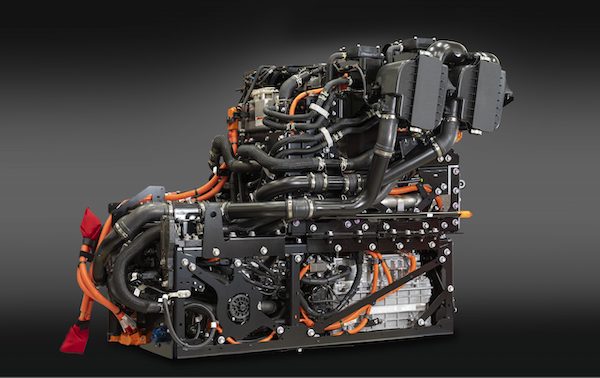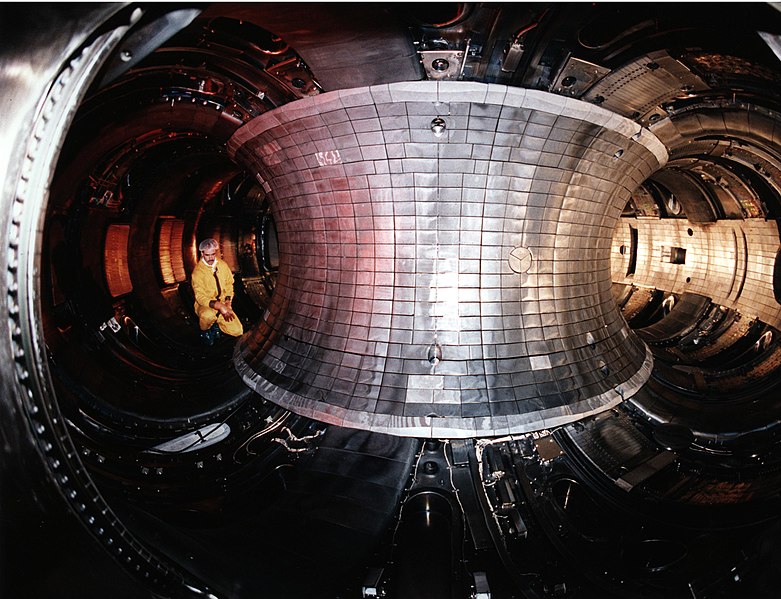In the coming decades, we may see a revival of crewed missions venturing beyond Earth’s orbit with the goal of establishing permanent bases. The renewed lunar interest stems from water ice discovery, resource potential, and strategic importance as a stepping stone to Mars.
Scientists are diligently researching the impact of space on human health to adequately prepare for prolonged space missions. Beyond the well-known challenges such as homesickness, muscle atrophy, bone density reduction, and increased cancer risk, a recent study has highlighted an additional concern associated with extended space travel.
Space exploration might impair male sexual function!
Nasa-funded researchers have found that male astronauts returning from deep space journeys may be more susceptible to erectile dysfunction.
In the new study, believed to be the first investigating the sexual health risks associated with deep space journeys, researchers conducted experiments using rats. These rodents were exposed to conditions designed to replicate those encountered by humans in space, including reduced weight to simulate microgravity during space travel and simulated galactic cosmic radiation, similar to what space travelers may experience.
Rats showed signs of erectile dysfunction a year later
The results indicated a long-term impairment of neurovascular erectile function in the rats, raising concerns about potential sexual health risks for future deep space explorers. The simulated cosmic rays increased oxidative stress, reducing blood supply to the penis.
This highlights the need for further research to address physiological challenges associated with extended space travel.







